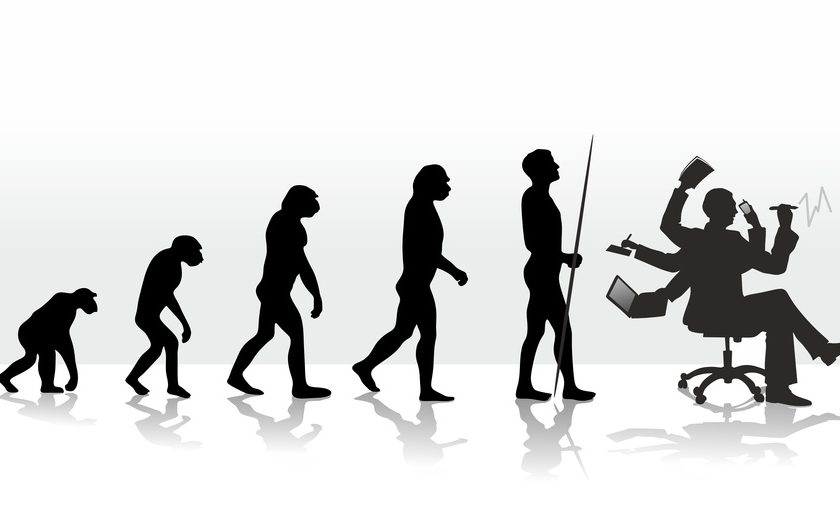The Digital Revolution of the 20th and 21st Century

According to an article posted on Time (When Did Humans Discover Fire?) it took humans hundreds of thousands of years to discover and master the use of fire. Humans observed how fire can be used as a helpful tool for hunting, walking in the dark, as protection against the freezing elements but also protection against predators. Of course, a lot of humans died discovering the destructive power of fire as well if not tamed. As time went on, we build complete civilizations and structures around fire. Again, all within a time span of hundreds of thousands of years.
Now fast forward to present time, we humans made another breakthrough that would once again completely transform our society. From how we eat, sleep, work, communicate, engage, collaborate, entertain, inform, assist, and the list goes on and on. With the invention of computers and the internet, we transcended to a radically new way of living. Information can be copied an unlimited amount of times and be sent to an unlimited amount of people in a fraction of a second. One can be at multiple places at the same time, doing multiple things at once by using our new machine assistants powered by another groundbreaking discovery: electricity. And, governed by the numerical numbers 1 and 0. A phenomena we call, digitalization. Of course, this would be unfathomable thousands of years ago. And we did it less than 150 years!
Looking at present day times, this new revolution creates totally new challenges for us.
To quote an article on Understanding the impact of a digitization on society done by the
World Economic Forum:
“Current estimates of global job losses due to digitalization range from 2 million to 2 billion by 2030. There is great uncertainty, with concerns also about its impact on wages and working conditions.“
The digitalization revolution has helped our society make enormous progress in all fields in a very short amount of time. However, the disruptive nature of digitization is also deeming many professions as unnecessary with one of the main reasons being that it can be completely automated by our new machine assistants we call computers. In my opinion, even the word computers have changed from being one type of electronic device with some standardized internal components to an umbrella term for all which is electronic and that creates and processes data.
Digitization is making our society much more efficient and perhaps, creating other problems along the way. Such as unemployment. To deal with these challenges I believe law makers, trend analyst, private enterprise and governments as whole need to work together on reshaping our societies through laws, policies and technology itself to re-purpose ourselves as humans to work with the machine that will shape the very future of ourselves and that of the machines.